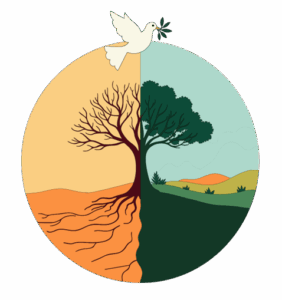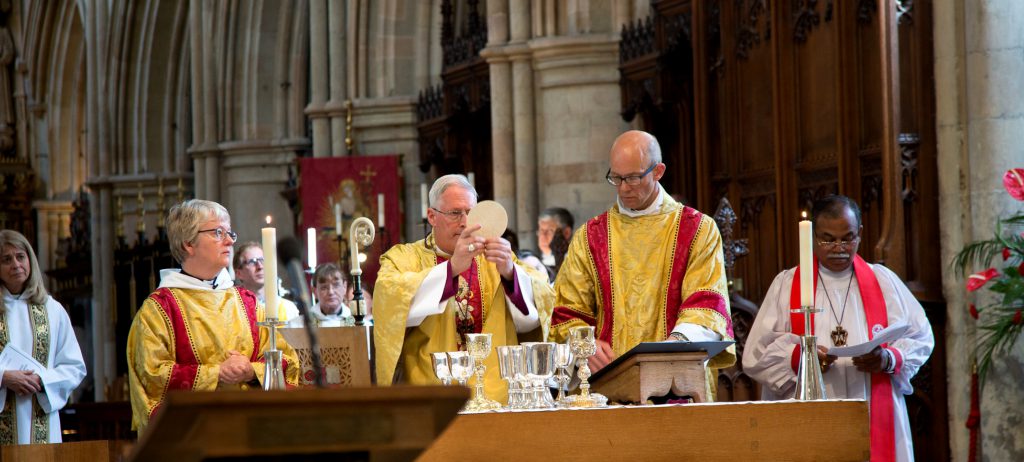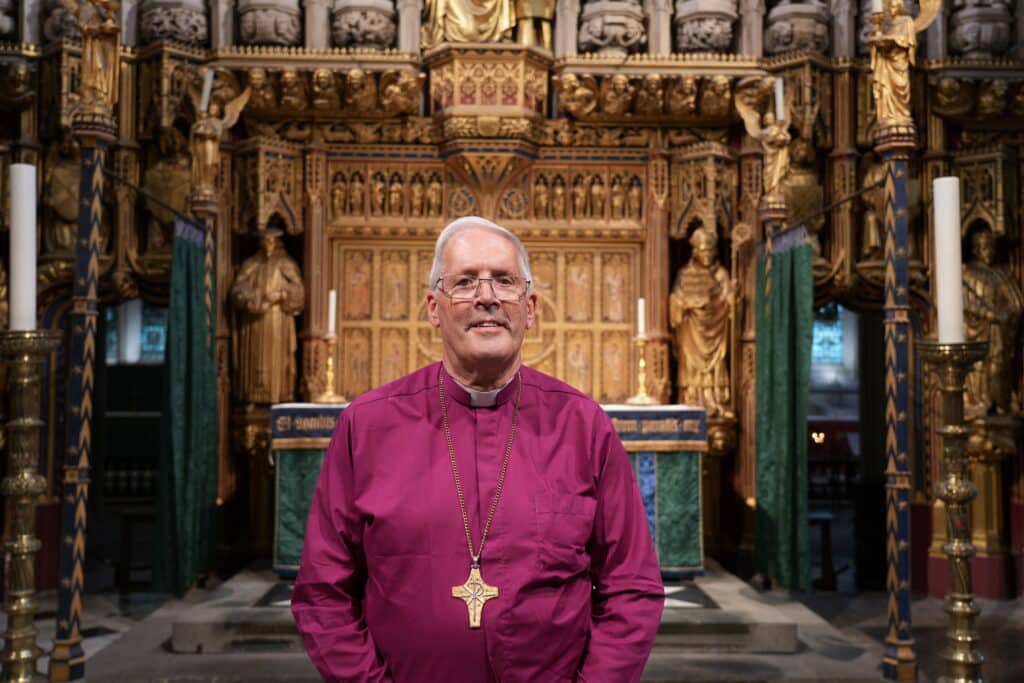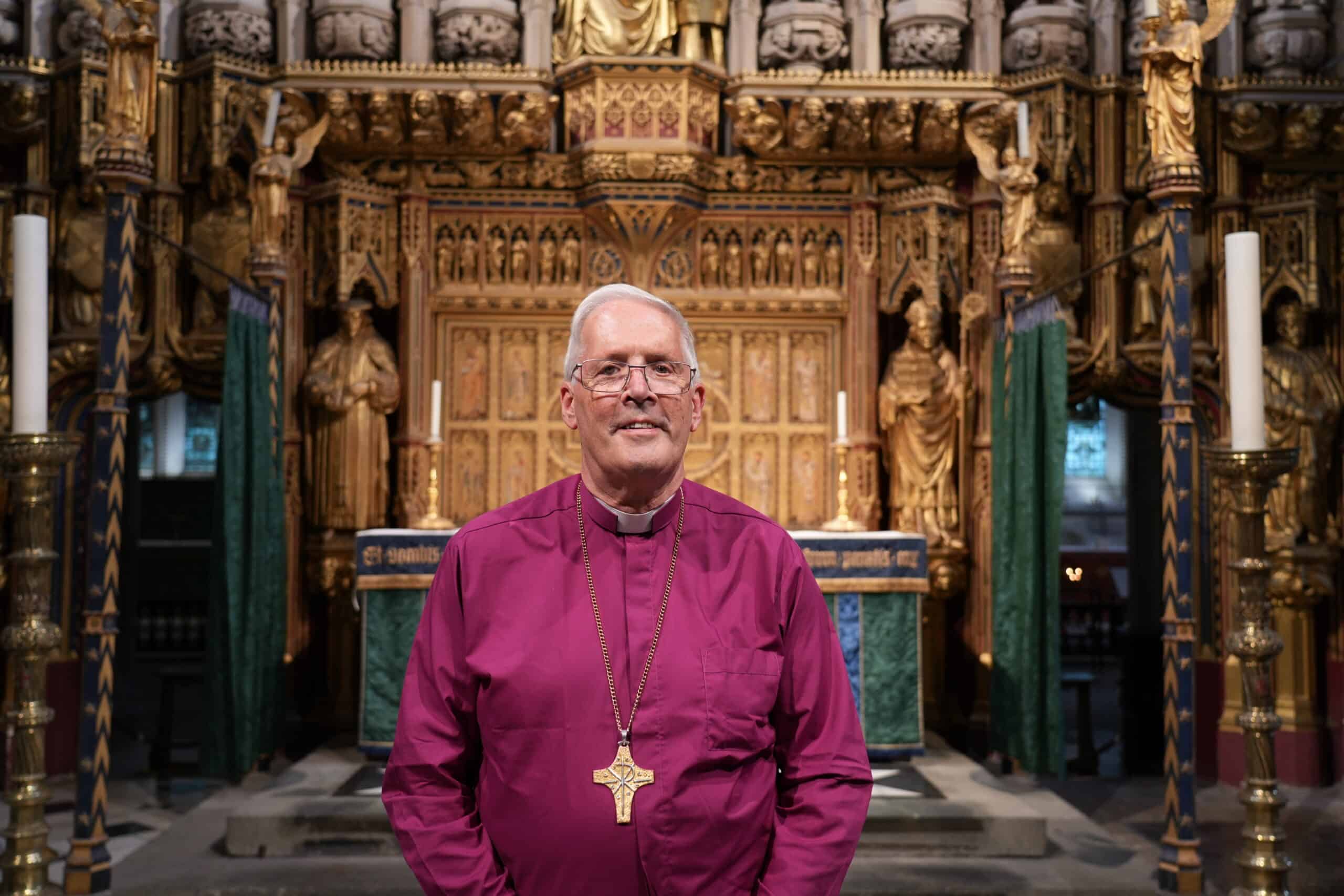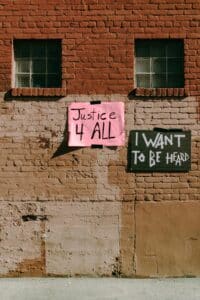
Yet the Bible presents a picture of justice which is so much more than this. In the Old Testament times, justice meant caring for the vulnerable and marginalised, the orphans, widows, foreigners, and the ‘poor’ (Deut.10:18; Zech.7:10). Kings and rulers were responsible for ensuring justice (Jer.22:1-3), but so were everyday people (Is.1:17) as part of their covenant with God and neighbour. Goldingay puts it well when he writes that justice ‘was practical and down to earth, personal and costly. It was about doing what you had the power to do on behalf of the people who lives nearby.’[2] In this sense, justice is something every Christian must practice in daily life. Advocating for justice is important, but living justly is equally crucial.
When we witness injustice, we can remember that justice isn’t only about campaigning for legal and systemic change—it’s also about recognising the needs of our local communities and taking action. It’s also in the small, meaningful gestures: pausing to connect with someone on the street instead of rushing past, choosing ethically-produced goods, or taking the time to listen to a neighbour struggling with their mental health or financial challenges. Justice is not just something we do on occasion, it is a way of life.
Keep an eye out for our Every Day Justice Lent resources coming soon… In the meantime, here are some helpful tools and reading materials to get started:
- Life on the Breadline Lent Course (Free)
- Tearfund’s Live Justly Bible Studies (Free)
- J+ Resources (They have free devotions and courses on a variety of topics)
- Generous Justice by Tim Keller
- A Call to Act by Martin Charlesworth and Natalie Williams
[1] ILO, Advancing Social Justice, Geneva: International Labour Organization, 2023, 8. Available to access at: https://www.ilo.org/sites/default/files/wcmsp5/groups/public/%40ed_norm/%40relconf/documents/meetingdocument/wcms_882219.pdf
[2] John Goldingay, “Do we Really Love God’s Law: How the Old Testament Actually Clarifies New Testament Ethics,” Christianity Today, May/June 2020, 68.
This blog post was written by Nicole McKeever, Development Worker [Social Action], Diocese of Southwark






